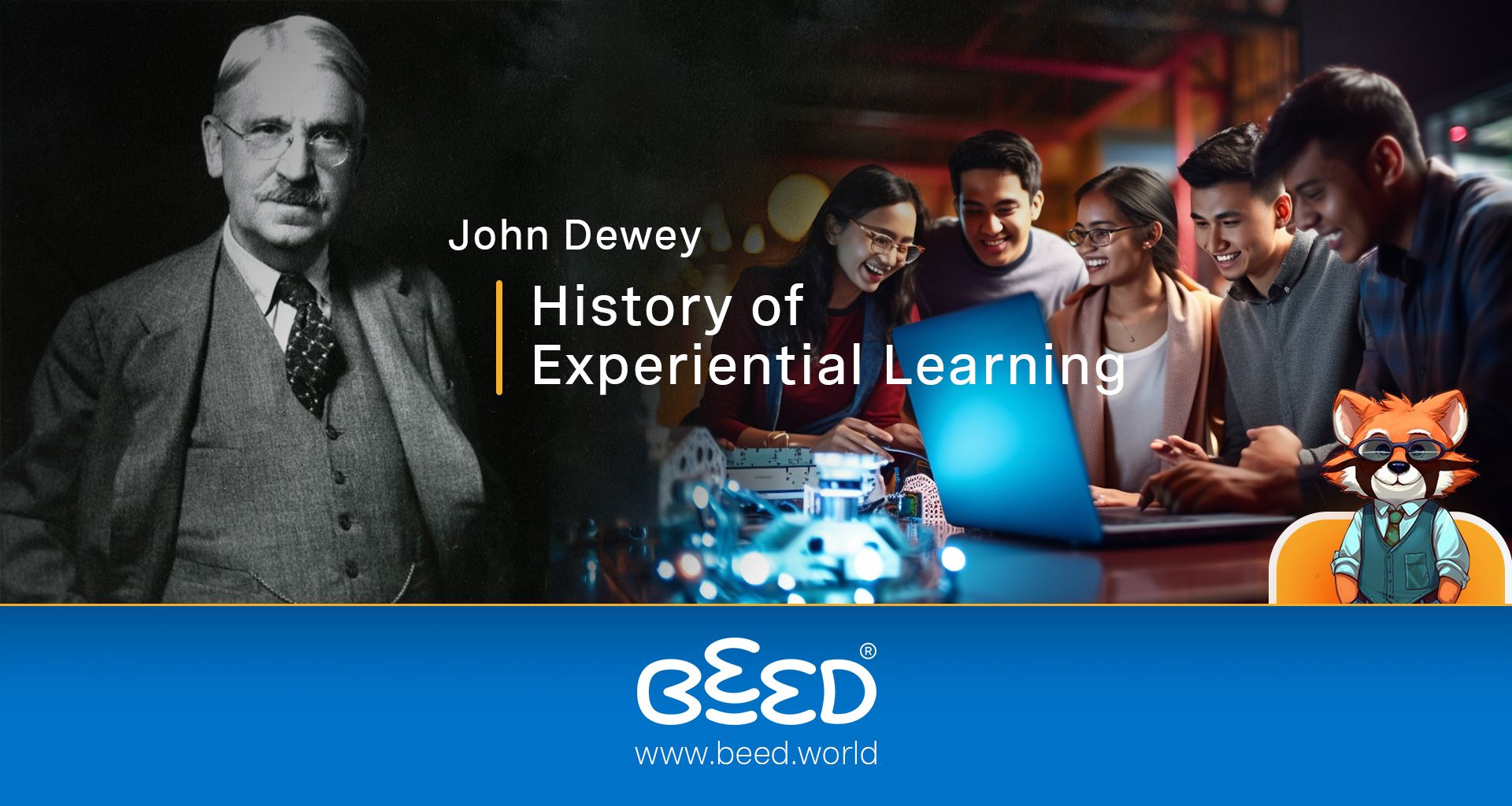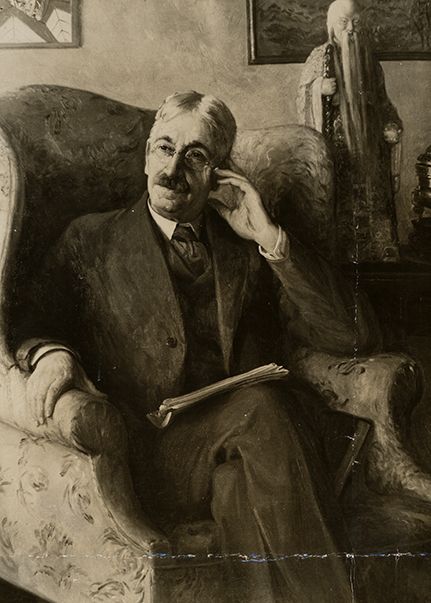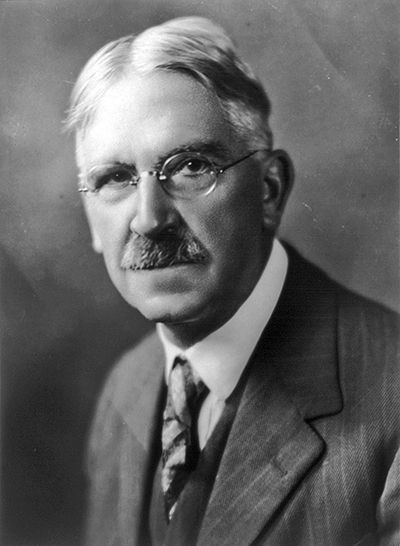John Dewey - History of Experiential Learning

One of the greatest thinkers of the 20th century was the American philosopher, psychologist, and educational reformer John Dewey. His educational beliefs have had a profound impact on classrooms worldwide.
Dewey believed education should be hands-on and child-centered. He advocated "learning by doing" and "learning through doing."
His emphasis on experiential learning and active citizenship would help 21st-century students think critically and solve problems.

Here are some of Dewey's most important contributions to education:
Dewey emphasized experiential learning. He called this approach "experiential learning," which is now extensively employed in schools.
The classroom should promote problem-solving abilities, according to Dewey. He stressed that this is the best way to prepare pupils for a changing world.
Dewey believed that students should interact with each other and their surroundings to learn better. He introduced "social learning," a key concept in modern education.
Dewey emphasized making students' educations relevant to their lives. He claimed that students remember more information if they can relate classroom subject to their personal situations.
The education should prepare them to be a "active citizen." In a democracy, active citizens must think critically and address problems, he said.
Dewey's theories have shaped education worldwide. His views on firsthand experience, critical thinking, teamwork, and civic engagement remain relevant. Students must learn these principles to compete in the 21st century job.
